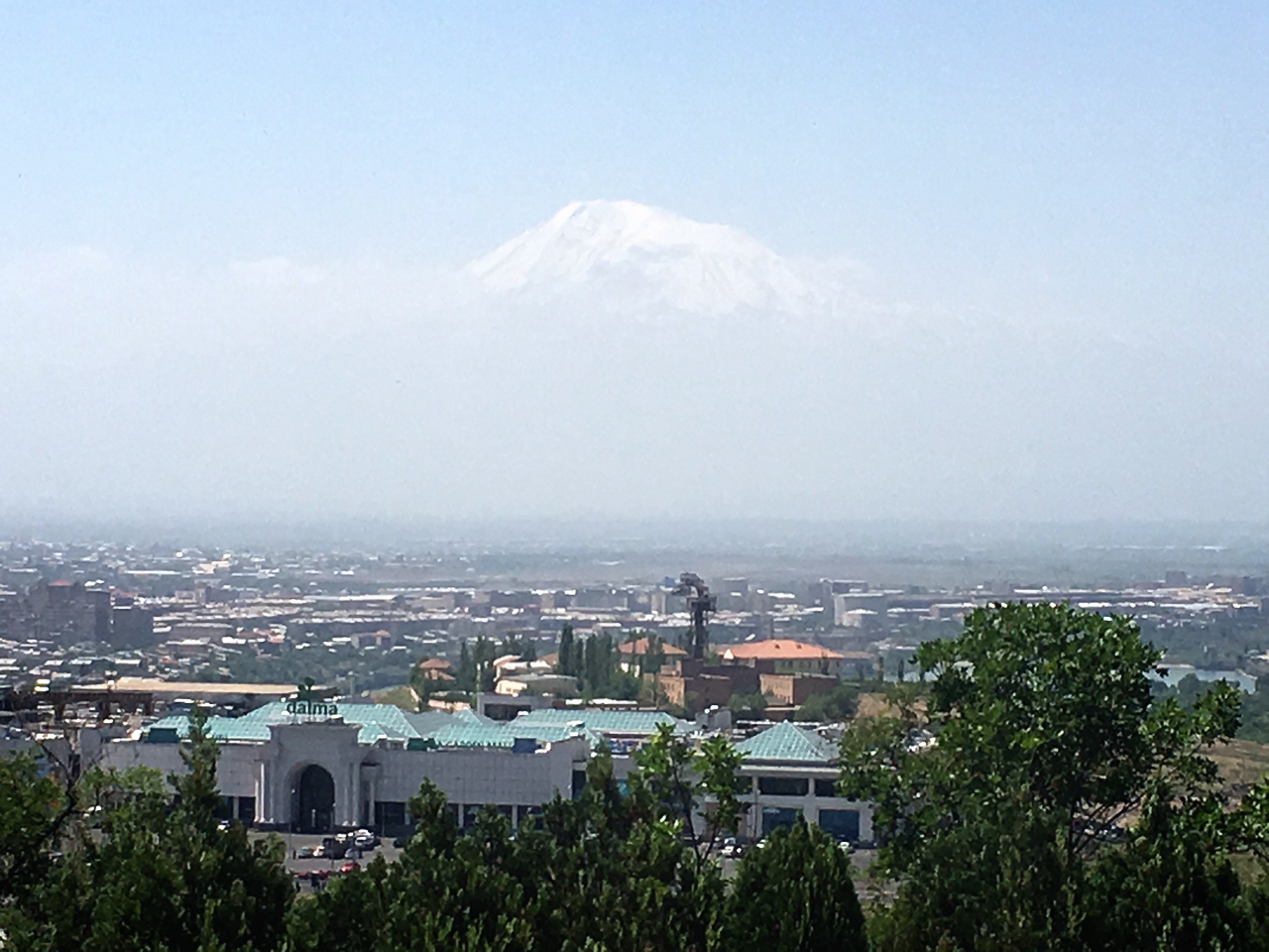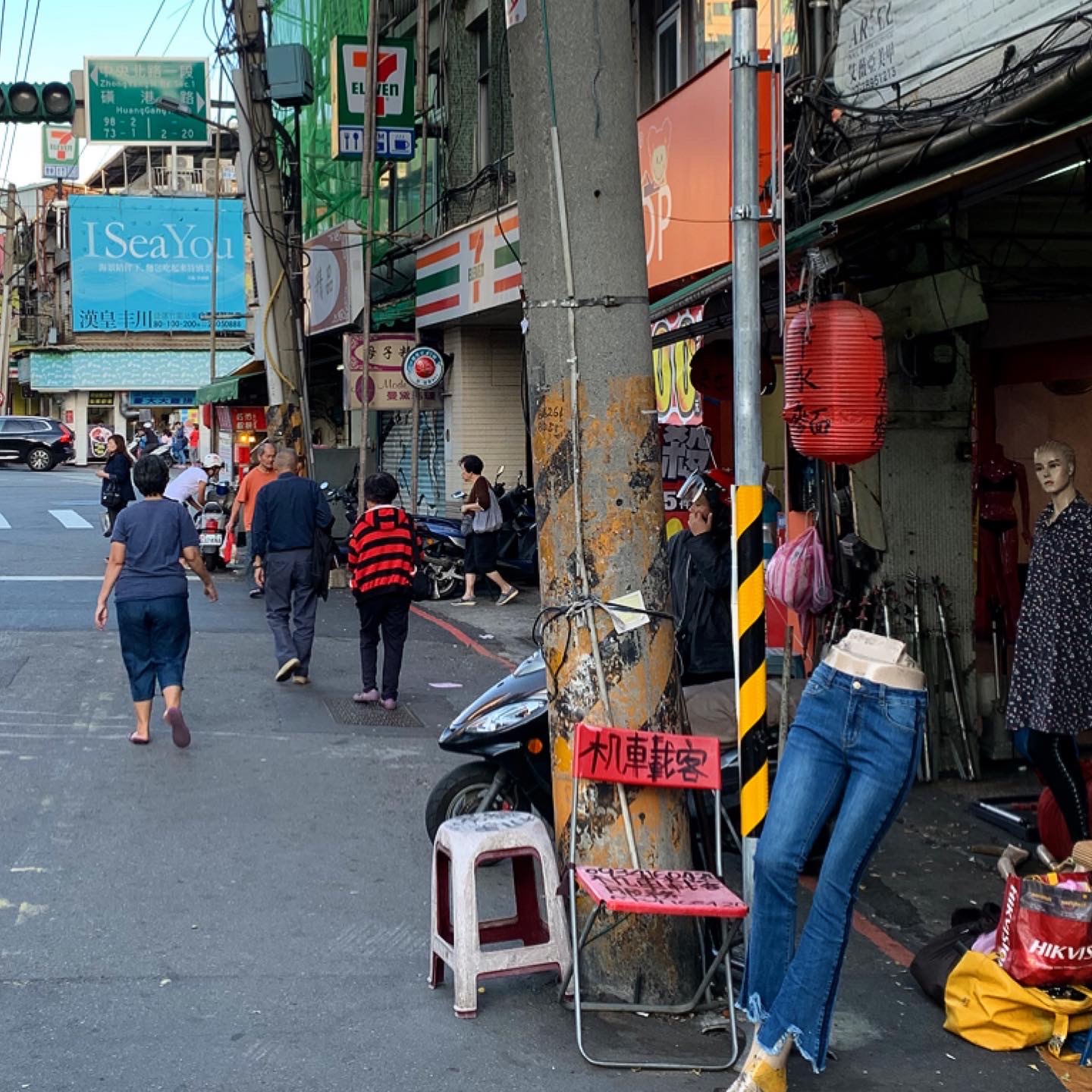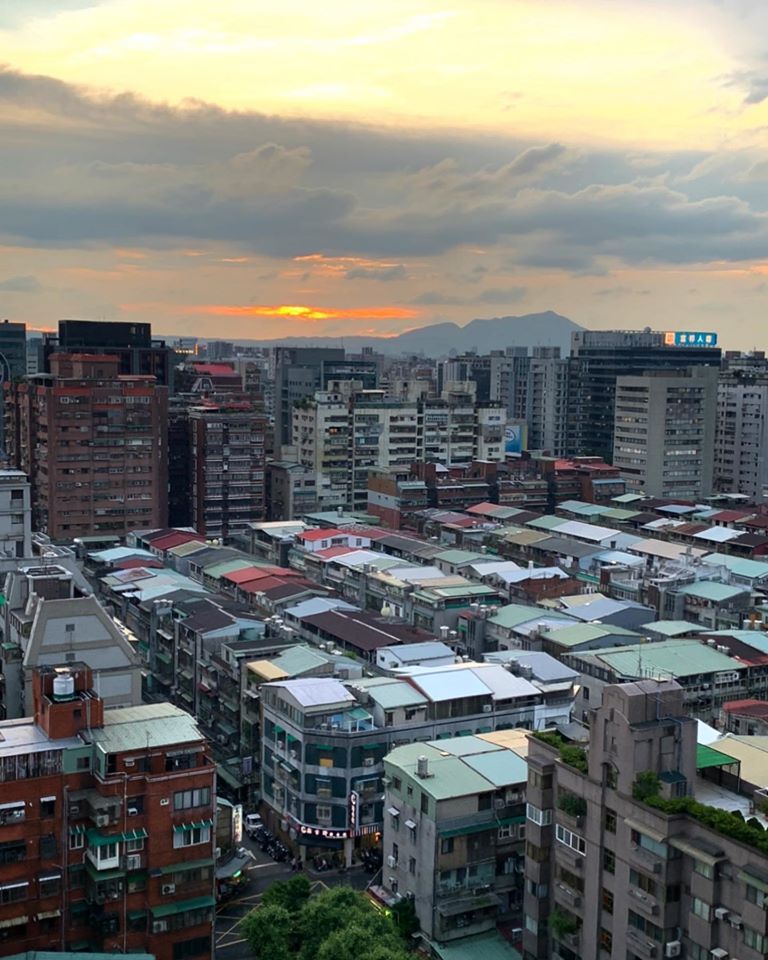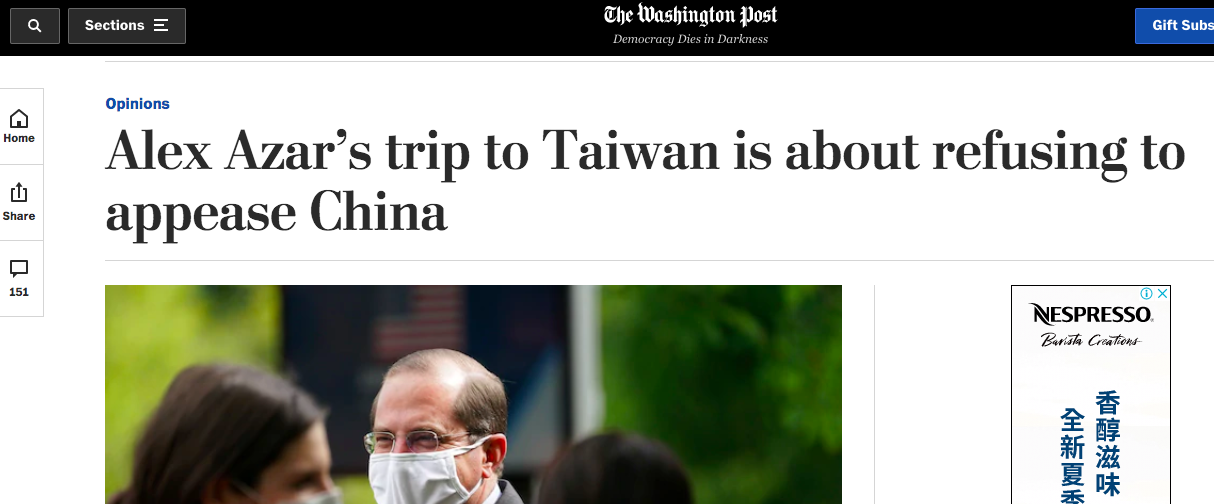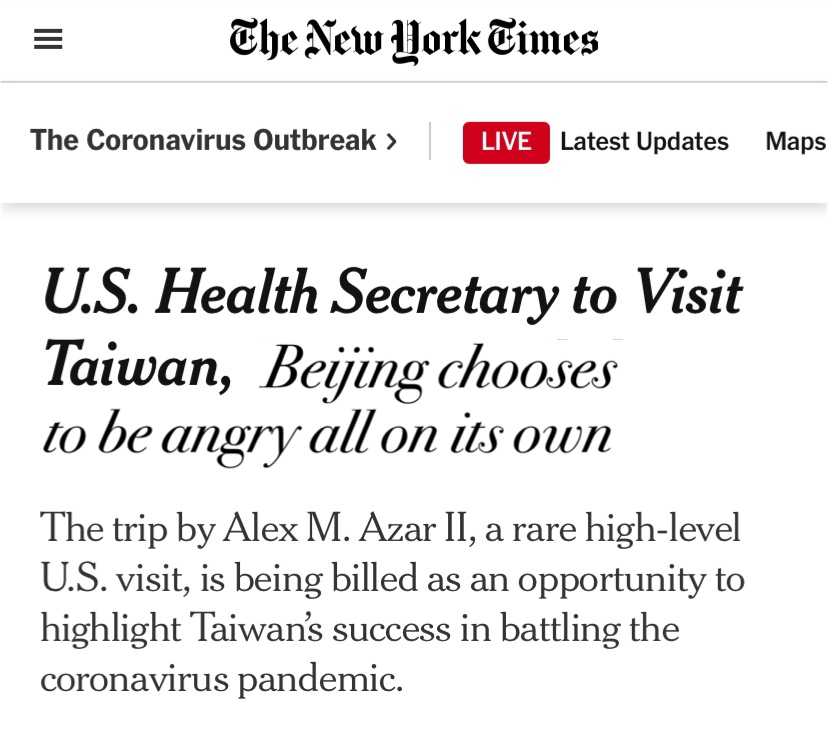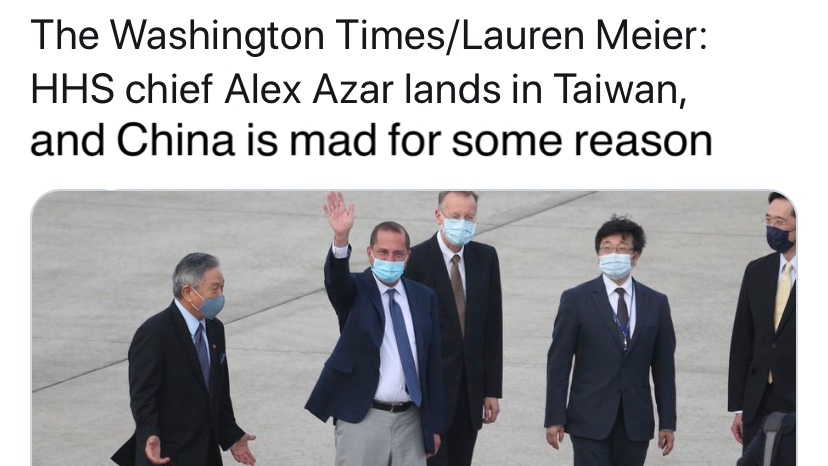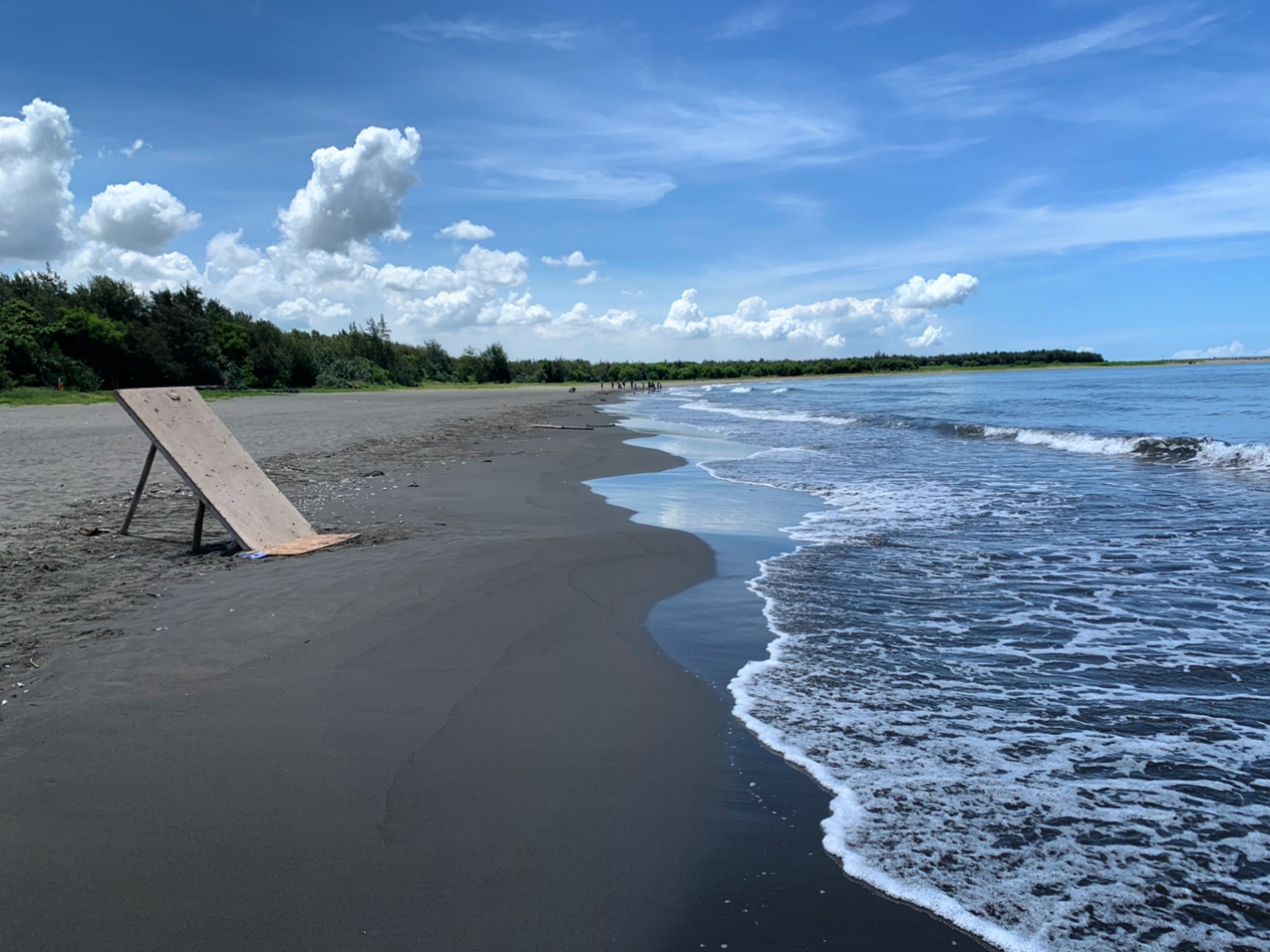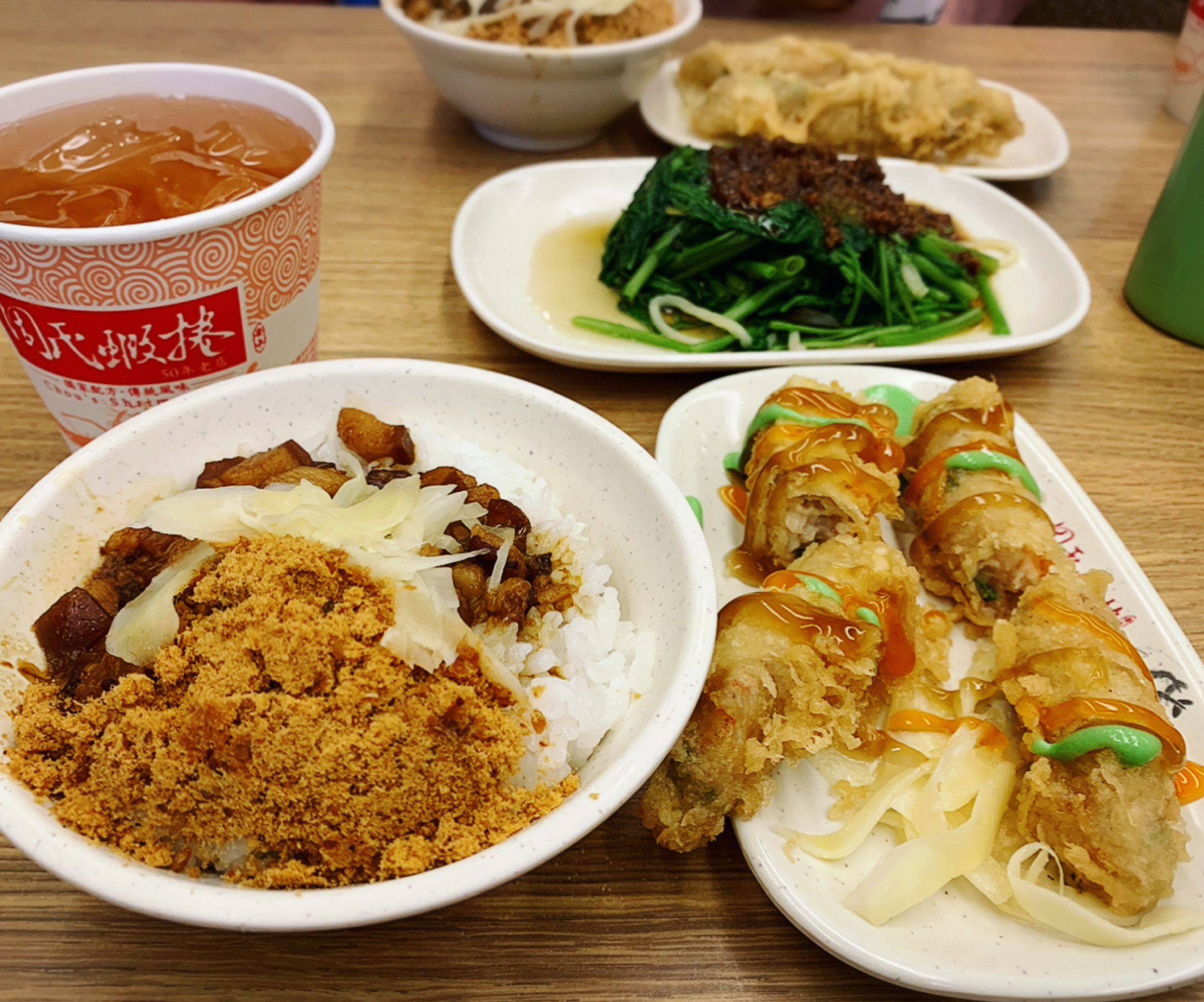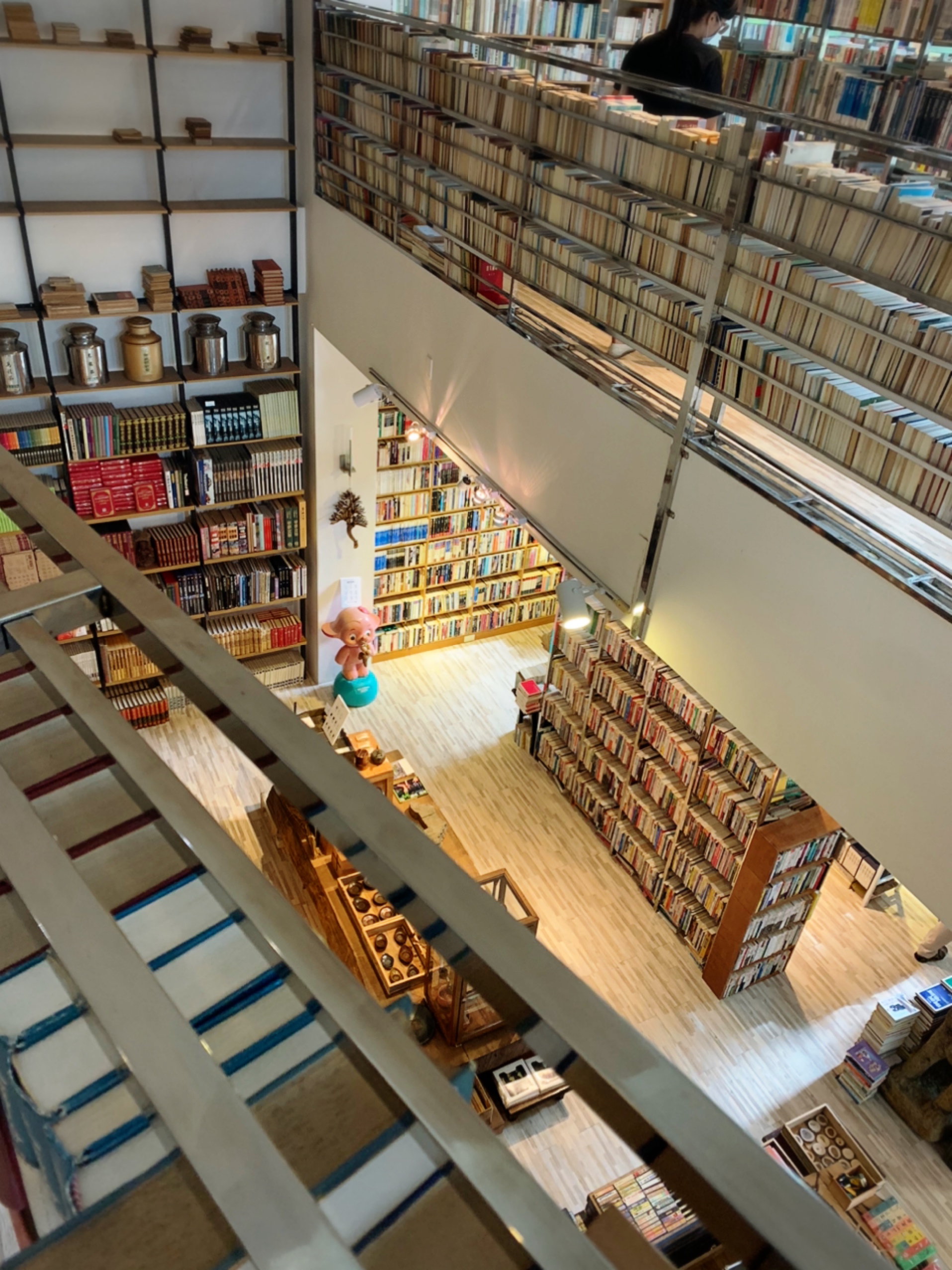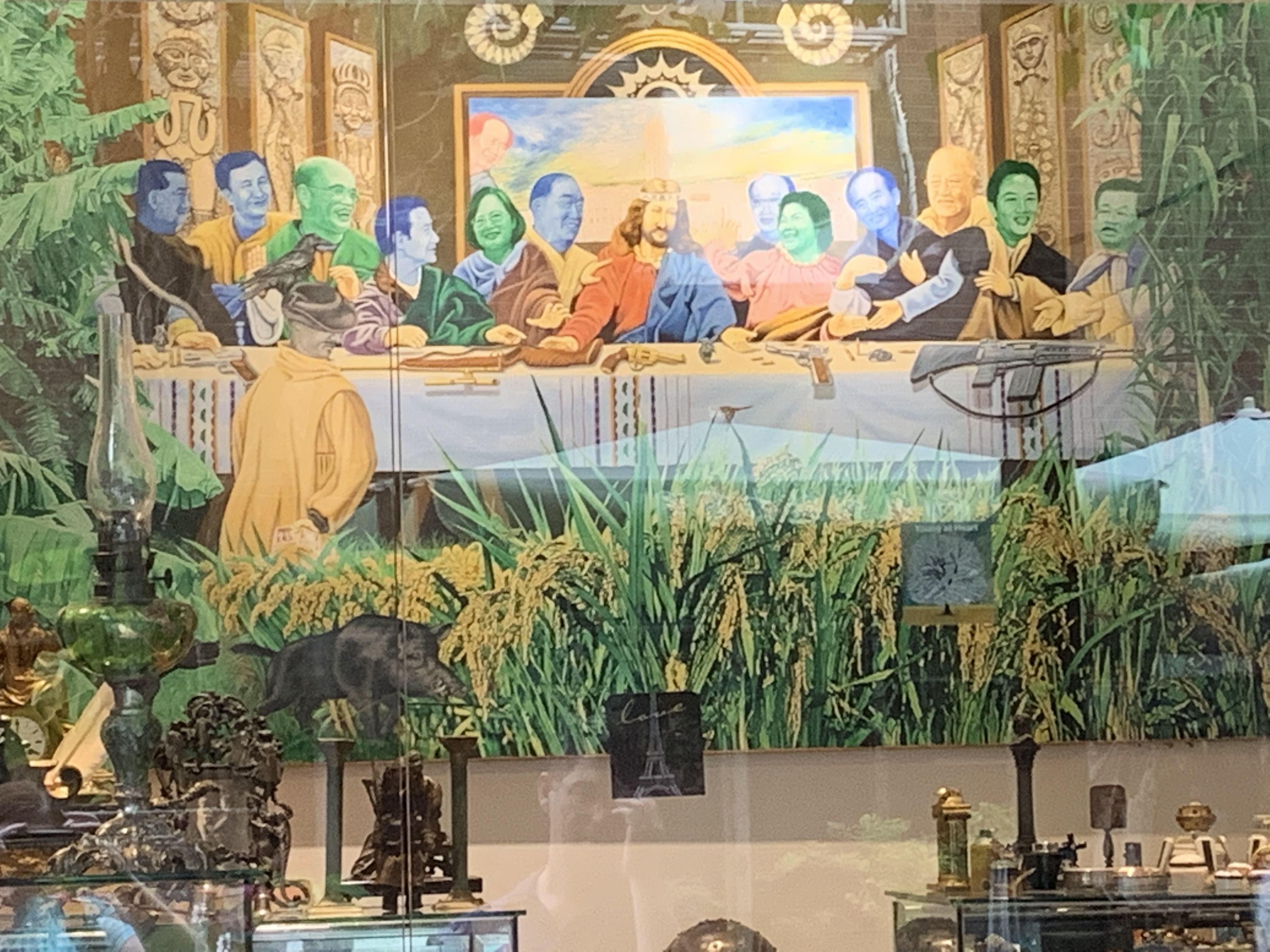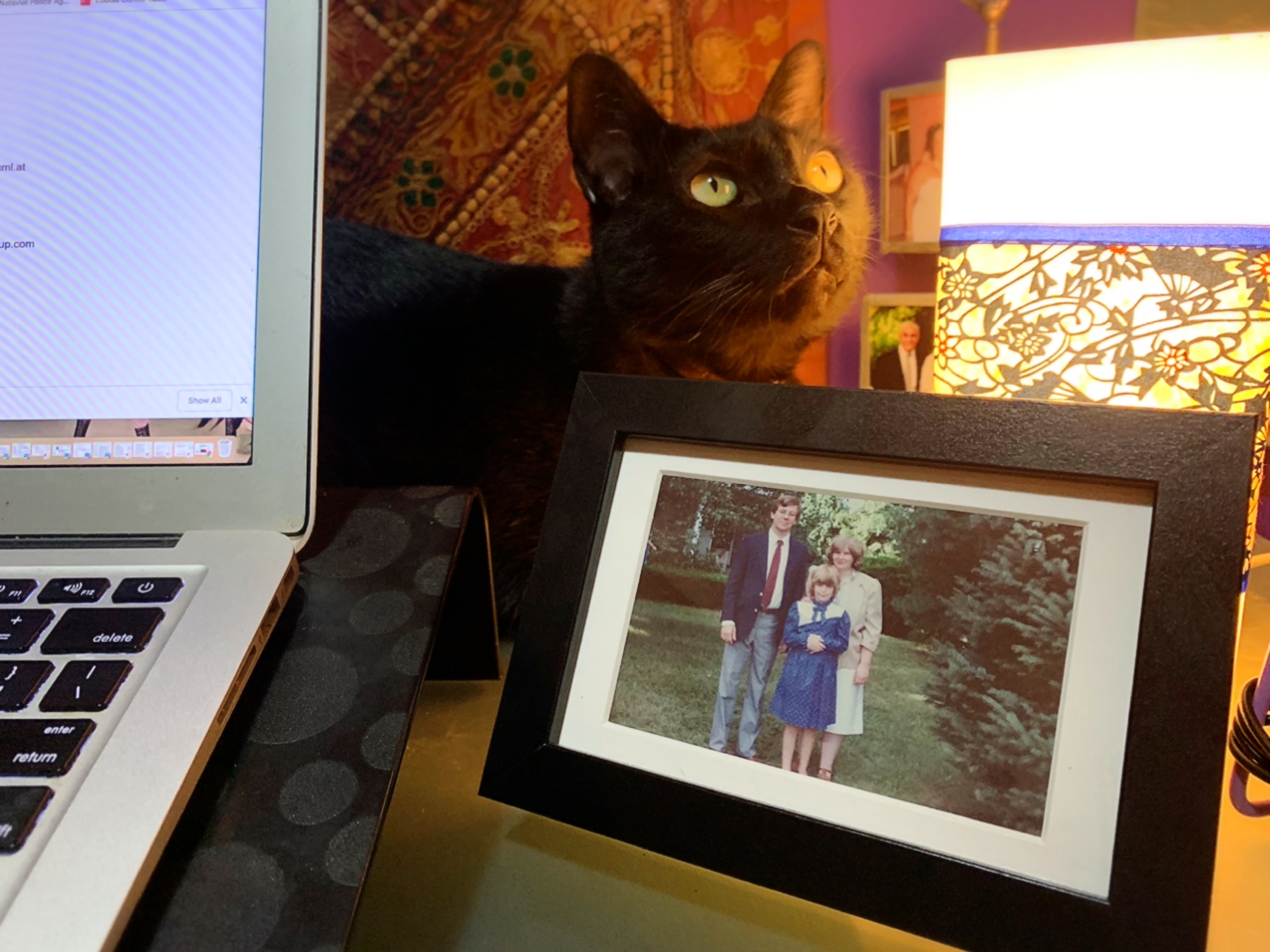
All of Yerevan is built on a hill. There's a north, south, east and west, but also a top and a bottom. At the top, you'll find the Cascade, a massive limestone staircase and gallery space which echoes Art Deco but is actually Soviet '70s. Above that, where central Yerevan ends, the sword-wielding Mother Armenia. At the bottom is the Ararat distillery, and beyond that, across the border in Turkey, is the actual Mount Ararat. A mountain sacred to Armenians, sitting just opposite a man-made line that is completely open, yet impossible to cross.

In other words, from the top of Yerevan, you can see clear across to another country.
It was 2017, and I was just about to start graduate school at the University of Exeter. We arrived a month early in this far eastern corner of Europe, because I had always been curious about the country that lays claim to the culture I grew up around.
Although my ancestors were Anatolian Armenians from another mountain down on the Syrian border, and passed on cultural touchstones more reminiscent of the Mediterranean than the Caucasus, my cultural memory threads not only through Antioch, but also Yerevan. They were both places my mother had wanted to visit; she never made it to either. My grandfather's siblings had visited Armenia, but nobody from my mother's generation had. As of now, I'm the only one from mine to have made the trip.
Three years before, I had visited the US to attend the 'leaving ceremony' from the proton therapy center that had obliterated the tumor in my mother's lung. I remember her recovered laugh, renewed energy, refreshed skin, regrown hair. A few months after that, we enjoyed a laughter-filled phone call on my birthday.
One month after that, she called again. The disease had been driven out of her endometrium, then her lung. Now, it was in her lymphatic system. And that, she didn't say, would be that. But we knew. We never had a real conversation again; she lacked the energy.
I took a bath that night - filled a basin with scalding water and wallowed in it. I put my hands over my face until my vision went watery, so I wouldn't be able to tell which part of that liquid was coming from within, and which from without. The ceiling, painted white, was bubbling up with corrosions called "wall cancer" in Taiwan; spots of warped paint that needed to be scraped away and re-painted regularly. But they always came back.
I coped well, I thought. I did my job. I worked out when I would fly home before that. I called up a counseling service in Taipei, but they wanted me to choose someone from the list of counselors on their website, and there was no mental energy to spare. I had just enough energy for that, and not a drop more, so I never followed through. Because nobody can put that on a calendar, I ended up flying out well before my planned departure date, three hours after a desperate text from my sister.
In Yerevan, on the verge of postgraduate study, some of the old shadows blew away. Stiff breezes swept from top to bottom and back again through wide streets, lined with trees and the more attractive type of monumental Soviet stone architecture. Mom would have been delighted - not only visiting a country she'd always hoped she'd get to see herself, but starting down an academic path that she had always believed I would not just take, but excel in.
She had started a PhD program with high hopes, met and married my father, and found herself unexpectedly pregnant with me soon after. She quit, citing flagging interest in her dissertation topic. I've always wondered how true that was -- it's a lot of work and money to raise a baby, and I was colicky and difficult.
Looking out over that effulgent hilltop view, it was easy to get one's bearings. You can see well beyond a full day's journey. Eternity of a sort can be glimpsed, if you believe that Ararat is the home of the Armenian gods. You're a day's drive away from Turkey, Iran, Azerbaijan and Georgia, all in different directions. Because Yerevan is far from other population centers, one can see deeply into the world, but it's rather hard to get to you.
From that distance, the snowy peak of Ararat looks like a chunk of rough white quartz fixed in the middle-distant sky, like the kind I used to find in the yard of our Hudson Valley farmhouse as a child. On hazy days it appears to float above the city, and you can inspect is folds and enscarpments.

Mom and I shared the same blue eyes; I wanted to tell her that while I had to explain my Armenian heritage in great detail as I don't look the part, that the person who sold me apricot brandy finally conceded that blue-eyed Armenians were possible.
 |
| "Blue eyes on an Armenian? I suppose it is possible." |
The truth is, though, that I didn't choose to live on a hill. I chose a basin. It's printed a Taiwanese English textbook somewhere - even adults can recite it to me as though they've memorized it for a test.
It's laid-back - you can wear sneakers to decent restaurants. But it's also dense, a node in a tightly interconnected web not only within the country, but across the region. Almost every walk is a flat and humid one. Sometimes you feel like you're pushing the hot damp air away as you plod along. Tropical plants grope across damp old bricks, pavement tiles don't always match, and the buildings are an eclectic muddle of styles. It smells like urban and jungle, but not quite urban jungle. I love the place.
Of course, being able to move abroad at all is a privilege, but that doesn't negate the cost I hadn't even realized I was incurring.
I did well over the next few years. Work and school kept me busy, and my professors were pleased with my work. By 2019, I was nearing the end of the program; only the dissertation remained. I couldn't work on it. Whatever dark peeling bits were scraped away by the winds and views of Yerevan had peeled afresh. I tried walking and just walked aimlessly. I tried working out and cried on the machine.
I asked a Taiwanese doctor friend for a recommendation so I wouldn't have to navigate the impossible corridors of help alone. The diagnosis was General Anxiety Disorder (but not depression, to my surprise). I told my doctor I'd had migraines and mild insomnia all my life - which is true - and he intimated that I might have had it all this time, with the dissertation merely exacerbating something I'd handled fairly well before.
Back in late 2014, the hospital called the morning after I arrived in the US. "Come right now," they said.
When it had become clear earlier that she would not make it, someone asked mom what she really wanted. It was to have her family around her. So when the complications from the cancer - too many to name - finally reached her heart, they gave her a high dose of something that would keep her alive long enough for us to get there, but not much longer than that.
We surrounded her, and told her that we loved her. I know she could hear it, because the very last thing she ever did was raise up her arm and make a gesture asking for a hug. So I leaned in over the tubes and bed rails and machines and simply hugged my mother.
I closed my eyes; it was black. And that was that.
The next morning I stayed entirely under the covers - head and all - for hours longer than necessary. I dozed but didn't dream. It was December, and cloudy. I didn't open my eyes, so I wouldn't be able to tell how much of the darkness came from without, and how much from within.
In 2019, my paralysis in the face of a dissertation seemed to stem from classic perfectionism. You know - the fear that hard work will still produce an imperfect product. This is of course a lifetime indictment on your whole being, so the best way to avoid it is not to work at all. Makes sense.
But if anything, Lao Ren Cha has proven that I'm quite willing to create and publish imperfect work that might be praised, shared, slammed, or ignored. I'm fine with that. So that's not it.
It's that the only thing I want in the world is for Mom to be here for it. There are a lot of complicated feelings wrapped up in completing a thing the vagaries of life prevented your late mother from accomplishing herself, and that she so badly wanted for you.
I want her to know that while we might never have seen eye-to-eye on religion (she was Christian; I was forced for a time but it never really stuck), I try to keep our Armenian cultural connections strong despite being three generations removed. I don't just cook dolma like Nana and pilaf like Grandma, I actually went to Yerevan. I looked across a ridiculous border and saw Mount Ararat with my own eyes. I bought her favorite brandy (Ararat) at the actual distillery and enjoyed every drop.
If I were Christian, I could end on a maudlin note about how our loved ones look down on us from heaven. But I don't believe that. That's not a border I believe anyone can cross.
With time, I've come to remember that Taipei may be a basin, but I chose to live here. I want to live here, even though in 2006 I didn't know how dear a price I would pay for that.
Yerevan might have views across sealed-off countries and the food of my ancestors, but it's also distant, rarefied, a place I visited - it's not where I live. Taipei, to me, is every little thing we do each day which, added together, make a life. You make your choices and pay your prices without knowing what they'll be in advance. It's a place that says you're free to relax, but where you might find ways to give more than you take, if you're willing to do that work.
I remind myself that this basin also has hills; one of them is a volcano. You can climb them, if you want. They have been painted and mapped beautifully by generations of people who have called this city home. Taipei may be a basin, but it is a geographically stunning one, with more complexity than the label implies.
I'm still overwhelmed - glomming through life in that basin so humid you have to practically swim through the air. But it's hard and meaningful work. It may come to nothing; then again, it propel me to a situation where I can be of more practical use.
And I've been able, after some time, to excise the rough black stone that settled inside in 2014. It's heavy, but I can hold it in my hands now and examine its facets, its spikes and valleys and worn crevices. In my mind, this rumination takes place at the top of Gold Face Mountain (金面山), one of the peaks above the Taipei basin, although in reality I'm usually at home.

I've learned that that thing - more like volcanic glass than jet - when turned in the right way, in the sun, there is a hint of fleeting translucence. I can't set it down - I have to carry it with me, probably forever - but at least I can interrogate it, know it, perhaps have a drink with it now and again.
 |
| A piece of art on The Cascade which looks a little bit like my drinking buddy, which is a craggy black rock of bound-up anxieties and griefs |
It's a weight of a sort off my shoulders, although the stone is still embedded somewhere inside.
Once I hit the button, I suggested we go to my favorite Japanese restaurant. We ate lushly: duck liver sushi, a scallop stuffed with crab and sea urchin, topped with caviar and wrapped up like a seaweed bao, more than that even. I drank a small bottle of sake on my own, and we teetered into Jason's across the street to buy fancy chocolate for dessert.
Walking home down a tree-lined street, I recalled what a privilege it was, and is, to live in this city. It's been so good to me -- living here is a part of why I was able to do this degree in the first place. As much as I will try, I don't know how I can ever properly repay that in kind. It's not fair to describe it merely as a basin; that feeling came from me. When one can't get one's head together, it's hard to know sometimes what is inside, and what is out.
There is, however, a maudlin ending: I know that she would indeed be proud. I do know she would - the Mom who lives in my memories tells me so.
But the Mom who is on the other side of a border that doesn't have an other side? Well, nobody can know that.
One might visualize finishing a degree or working through grief as a mountain to climb, with perhaps a view at the top. There's a clear up and down. But it hasn't been that way for me -- it's more like wading through a basin. I'm in a different place now, but at the same altitude. A different point across the same circle. I'm reminded of Vikram Seth's An Equal Music - the narrator's life doesn't have a clear forward trajectory so much as it resembles a fugue, with motifs surfacing and sinking, disappearing for awhile only to resurface; sometimes played in this line of music, sometimes that. Sometimes high, sometimes low. If there's a climax, it's all those motifs coming together, perhaps playing a little louder. It's not some new summit, it's not uncharted territory. It's up and down but ultimately swings around to come back again.
I key up Yerevan on my playlist and try not to think about it too much.

